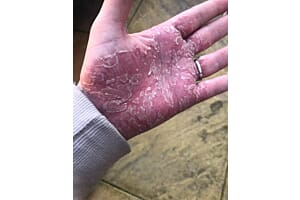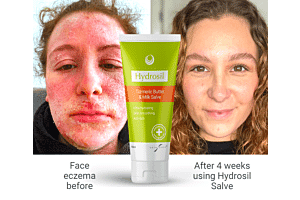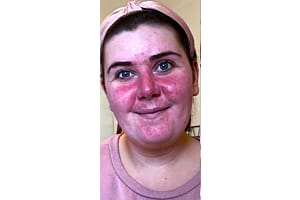Migraine affects one person in every ten and is more prevalent in women than in men. For most sufferers, migraine is a great deal more than just a headache. It can be a debilitating condition that has a huge impact on the quality of life of sufferers and their families.
17 September, 2008 – 11:49
Although the actual cause of migraine is as yet unknown, certain factors are involved in triggering an attack in some people.For most people migraine will occur if they are exposed to a combination ofthese factors.
Twenty per cent of sufferers link certain foods to their migraine. Productscontaining monosodium glutamate and caffeine are often food triggers. The mostcommon food triggers are chocolate, cheese and citrus fruits. Alcohol,particularly red wine, is also a recognised trigger, as if coffee.
Other triggers include lack of sleep, over-exertion or hard physical exercise,stress, fluctuations in hormone levels in women and bright or flickeringlights. In addition strong smells, changes in the weather, smoky environmentsand hot stuffy rooms can all trigger attacks in susceptible people.
Migraine is such an individual condition, so there is no one definitivetreatment. However there are a number of alternative options whim may helprelieve the pain if you want to try and avoid over the counter painkillers asmuch as possible.
The herb Kava Kava is one of the most effective relaxation supplements to helpease tension headaches and help with sleep.
Many studies have found low magnesium levels can be another reason formigraines. Magnesium oxide and slow-release magnesium chloride seem to work forsome patients when used in 400-600 mg daily doses. Riboflavin or vitamin B2 hasalso been reported to relieve migraine headaches if used for more than threemonths.
Some research also suggests that ingestion of ginger, gingko or valerian root,all of which are well tolerated, may help some patients with headaches.
Peppermint oil for tension headaches is also helpful if massaged into the neckand shoulder.







